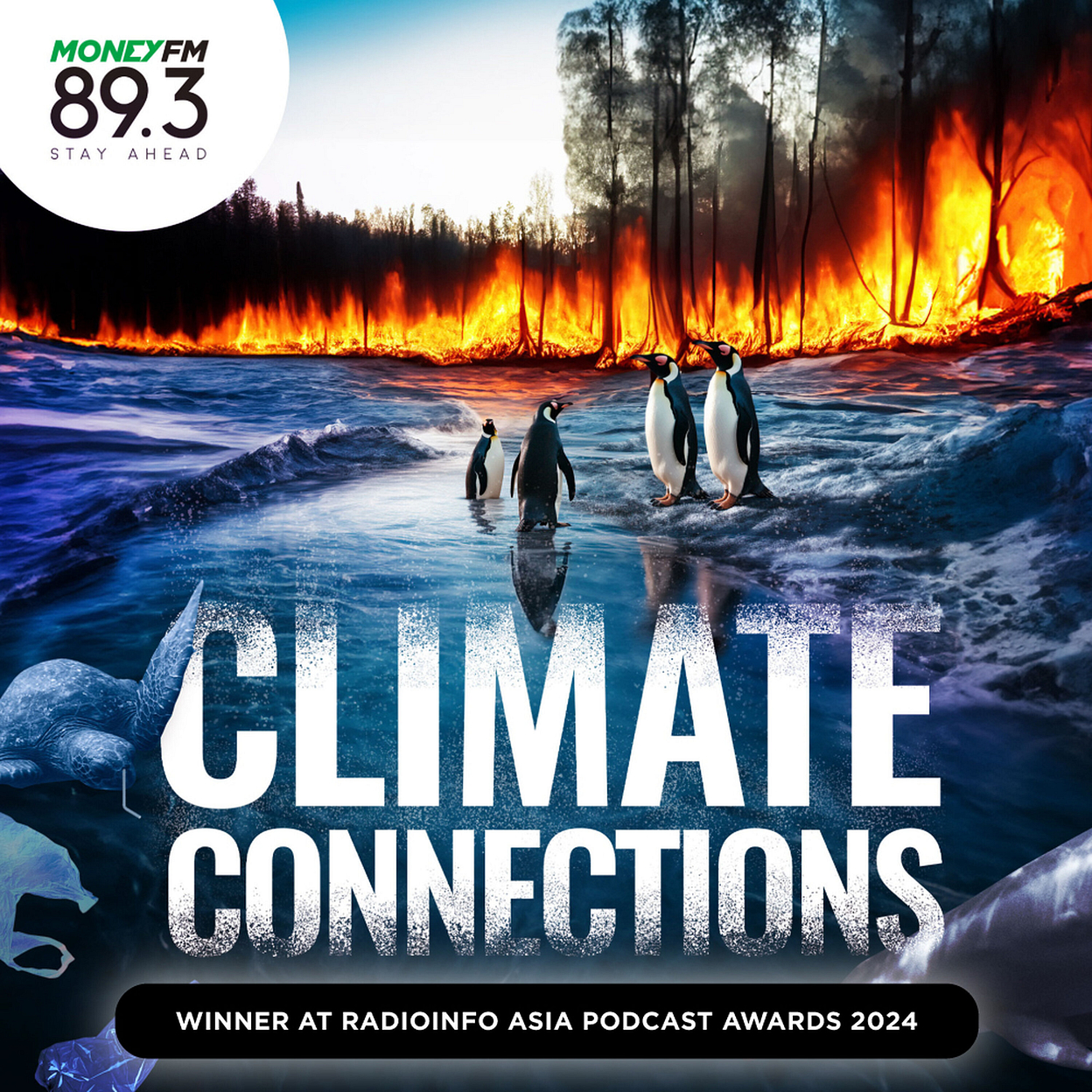Back
Climate Connections
A special segment on Money FM 89.3's Breakfast Show that brings you on an exclusive audio journey to the ends of the world, covering in-depth environment, natural history and climate change stories that intertwine with human life on Earth.
All Episodes
10 Jan 2025 · 9m 58s
Share
3 Jan 2025 · 13m 33s
Share
27 Dec 2024 · 14m 03s
Share
20 Dec 2024 · 17m 38s
Share
13 Dec 2024 · 13m 08s
Share
6 Dec 2024 · 12m 50s
Share
29 Nov 2024 · 11m 49s
Share
22 Nov 2024 · 14m
Share
15 Nov 2024 · 13m 58s
Share
8 Nov 2024 · 12m 25s
Share
